Geneva puts spotlight on Myanmar’s Rohingya minority
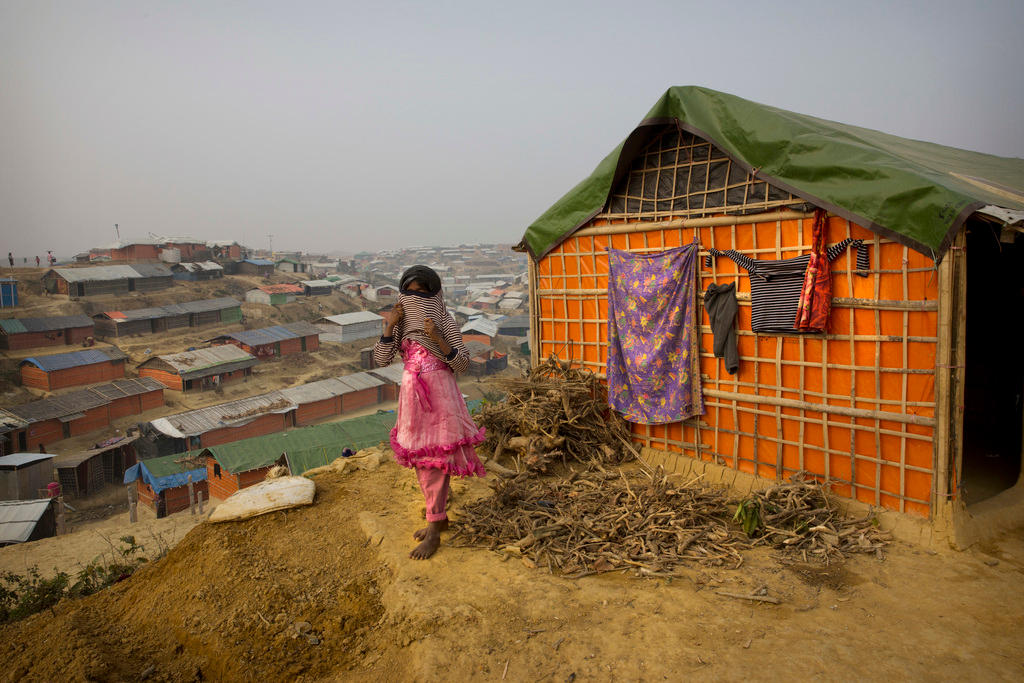
The plight of Myanmar’s Rohingya community was the centre of attention in Geneva last week with allegations of “acts of genocide” against the Muslim minority, counterclaims by Myanmar officials, a donor appeal for almost $1 billion (CHF954 million) and a bleak documentary film about a Buddhist monk stirring up ethnic hate.
Since August 25, 2017, over 700,000 Rohingya Muslims have fled the western state of Rakhine in Myanmar to Bangladesh as security forces carried out brutal crackdowns, following attacks by Rohingya insurgents.
“This is on top of 200,000 Rohingya already living in Bangladesh, so we are getting close to the one-million mark,” Filippo Grandi, UN High Commissioner for Refugees (UNHCR), told reporters in Geneva on Friday. Although movements into Bangladesh have slowed since last year, smaller groups of people continue to arrive, suggesting the situation has still not stabilised, he added.
The UN describes the exodus as “one of the fastest growing refugee crises in the world”. On Friday, agencies and partner organisations launched a “Joint Response Plan” appealing for $951 millionExternal link to help the Rohingya refugees and Bangladeshi host communities until the end of 2018.
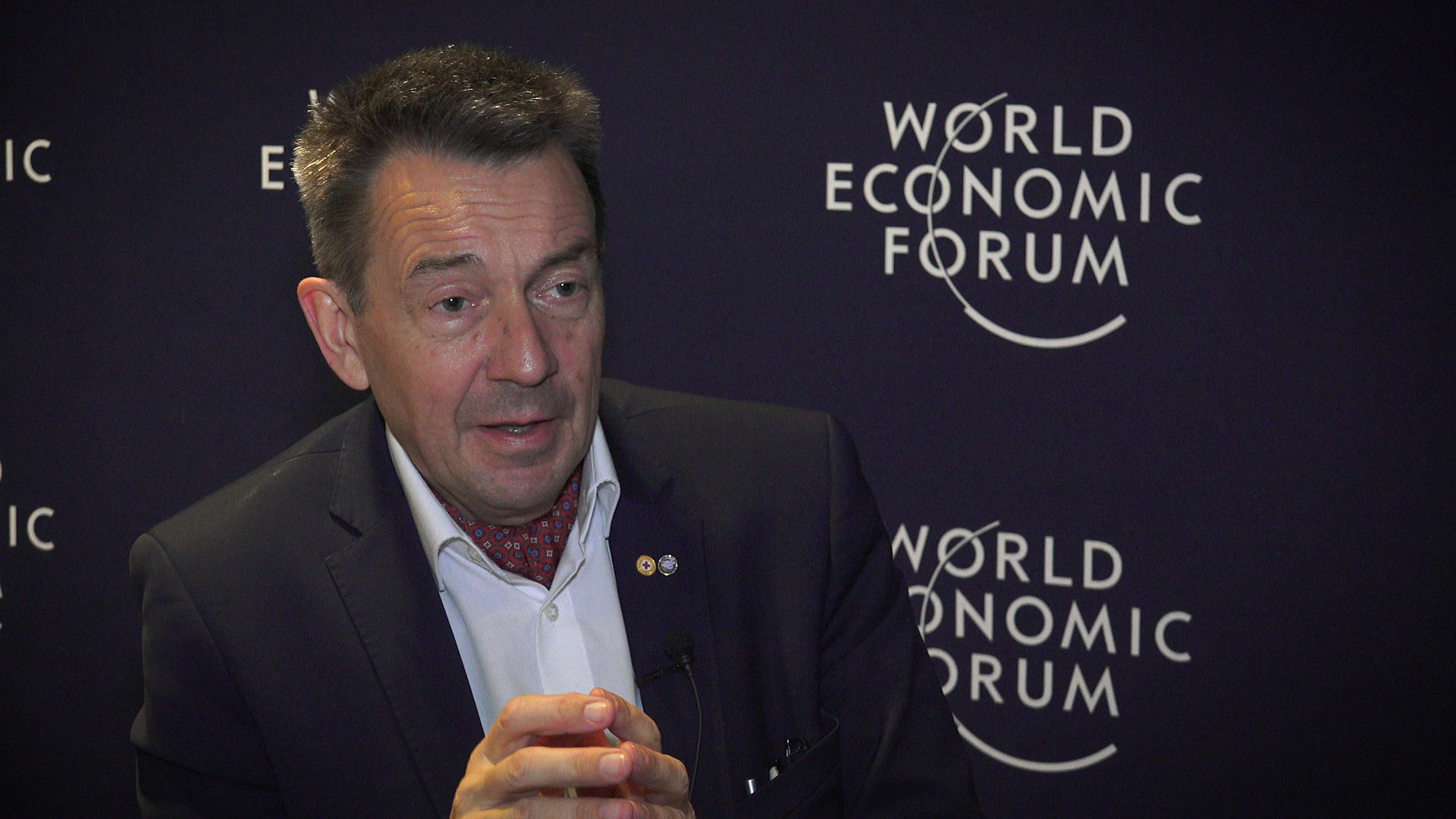
More
Maurer on the Rohingya crisis
The needs are colossal. Food alone is 25% of the overall appeal. But the refugees also need over 16 million litres of clean water per day, 50,000 latrines must be built, as well as 5,000 classrooms and 100 nutrition centres, and trauma support for 400,000 children who have witnessed violence. Around 60% of the refugees are children.
Camps and host communities are extremely congested, and there are reports of gender-based violence and health problems like measles, diphtheria and diarrhea.
“People are living on a relatively narrow stretch of land between the ocean and a river that marks the border between Myanmar and Bangladesh. It’s a very poor region and the refugees are exposed to the elements and the monsoon season is starting,” said Grandi.
Repatriation and conditions
The UNHCR boss said the solution to the current crisis “clearly lies in Myanmar and with Myanmar”. He said violence needed to stop and the stateless Rohingya minority must be given basic rights, such as citizenship. Rohingya trace their presence in Rakhine back centuries. But most people in Myanmar – 90% Buddhist and 4% Muslim – consider them to be unwanted Muslim immigrants from Bangladesh. The army refers to the Rohingya as “Bengalis,” and most lack citizenship.
The two countries reached a deal in November to begin repatriation within two months, but repatriation has not begun, with stateless Rohingya, who face restrictions on their movements in Myanmar, still crossing the border.
Last week, Myanmar officials said they had registered less than 400 Rohingya for possible repatriation from Bangladesh, blaming their neighbour for not providing the correct information about the refugees. Bangladesh officials have meanwhile expressed doubts about Myanmar’s willingness to take back Rohingya refugees.
Thomas Gass, Vice Director and Head of the South Cooperation Department of the Swiss Agency for Development and Cooperation (SDC), said it was important that dialogue continued at all levels between both governments.
“As Swiss President Alain Berset said recently, the refugees’ return must be voluntary, safe and dignified, and that means that the implementation of the Kofi Annan Commission report has to be taken very seriously. That report is very detailed and looks at issues of citizenship, economic empowerment in Rakhine State and infrastructure. For the return to be voluntary certain conditions need to be met on the Myanmar side,” Gass said.
“Acts of genocide”
However, UN rights experts in Geneva have painted an extremely worrying situation. On March 7, the UN human rights chief Zeid Ra’ad al-Hussein told the Human Rights Council that he strongly suspected that “acts of genocide” may have taken place against Rohingya in Myanmar’s northern Rakhine state since August. He said his office believes ethnic cleansing is still underway in Rakhine State.
Rohingya are still fleeing because of “systematic” if lower-intensity persecution and violence there, he said.
“Victims have reported killings, rape, torture and abductions by the security forces and local militia, as well as apparently deliberate attempts to force the Rohingya to leave the area through starvation, with officials blocking their access to crops and food supplies,” Zeid said.
Last Monday, the UN Special Rapporteur Yanghee Lee told the councilExternal link that atrocities against the Rohingya “bear the hallmarks of genocide”. She urged the council to collect evidence in Bangladesh for potential trials. Myanmar’s ambassador Htin Lynn rejected Lee’s remarks.
On Tuesday, a Myanmar government spokesman Zaw Htay said two reports presented by the Special Rapporteur and by the Independent Fact-Finding MissionExternal link on Myanmar, chaired by former Indonesian Attorney-General Marzuki Darusman, lacked credibility. Htay questioned the reliability of the mission’s research and cast doubts on the refugees’ stories.
In their presentations, Darusman and Lee said Facebook had played a determining role in spreading hate speech in Myanmar.
“Facebook was used to convey public messages but we know that the ultra-nationalist Buddhists have their own Facebooks and are really inciting a lot of violence and a lot of hatred against the Rohingya or other ethnic minorities,” said Lee.
Hardline monk
Last Saturday, the most prominent of Myanmar’s hard-line nationalist Buddhist monks, Ashin Wirathu, emerged from a one-year preaching ban. He denied that his anti-Muslim rhetoric was linked to violence in Rakhine State. His Facebook account has not been accessible in recent months.
The orange-clad Buddhist monk has the lead role in Iranian-Swiss director Barbet Schroeder’s bleak documentary Venerable WExternal link, shown at the International Film Festival and Forum on Human Rights in Geneva last Wednesday. Despite the monk’s calm demeanour, Schroeder’s film shows him to be a fanatical anti-Muslim activist, who uses social media, public events and DVD propaganda to stir up violent hate against the Rohingya Muslims. Wirathu claims he is simply protecting his people and says he will continue his “nationalist work”.
“This film is both fascinating and troubling, as it talks about an ongoing modern-day Apartheid-like system,” Manon Schick, head of Amnesty International Switzerland, told the Geneva audience ahead of the film showing. “The international community is closing its eyes to what is going on. Have we been blinded by people like [Myanmar leader]Aung San Suu KyiExternal link? We shouldn’t remain powerless regarding events in Myanmar right now.”
Swiss President Alain Berset took part in a four-day visit to BangladeshExternal link in February. During his visit he announced that Switzerland would be increasing its financial commitment to help Bangladesh manage the Rohingya crisis from CHF8 million ($8.58 million) to CHF20 million for the year.
The money is being split in three ways. A proportion is being allocated to partner organisations (UNHCR, WFP, IOM, UNICEF, ICRC, International Federation of Red Cross and Red Crescent Societies, the Swiss Red Cross, Bangladeshi Red Crescent, Action Contre La Faim, Solidarity International, Handicap International and Terre des Hommes).
Funds are also being used to finance a pool of experts assigned to the UN and to NGOs in Bangladesh to work on site planning, water and sanitation and disaster risk reduction projects.
Money also goes to direct actions to scale up hospitals, carrying out renovations and supplying infrastructure, and providing diagnostic material. Part of the money goes towards host communities as well as the camps and money has been set aside for activities during the upcoming rainy season.

In compliance with the JTI standards
More: SWI swissinfo.ch certified by the Journalism Trust Initiative









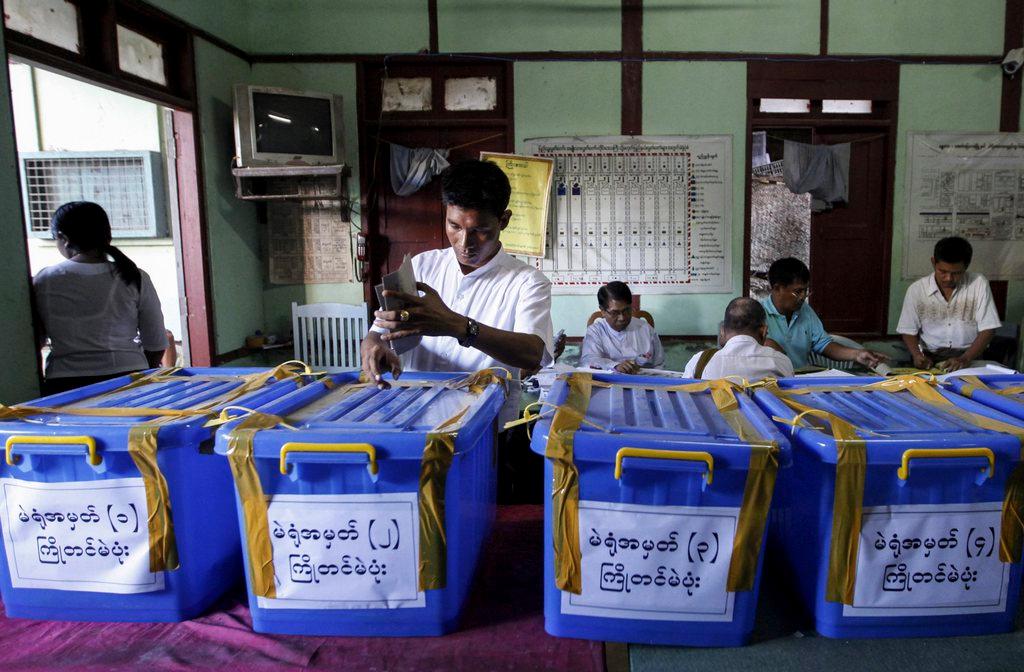

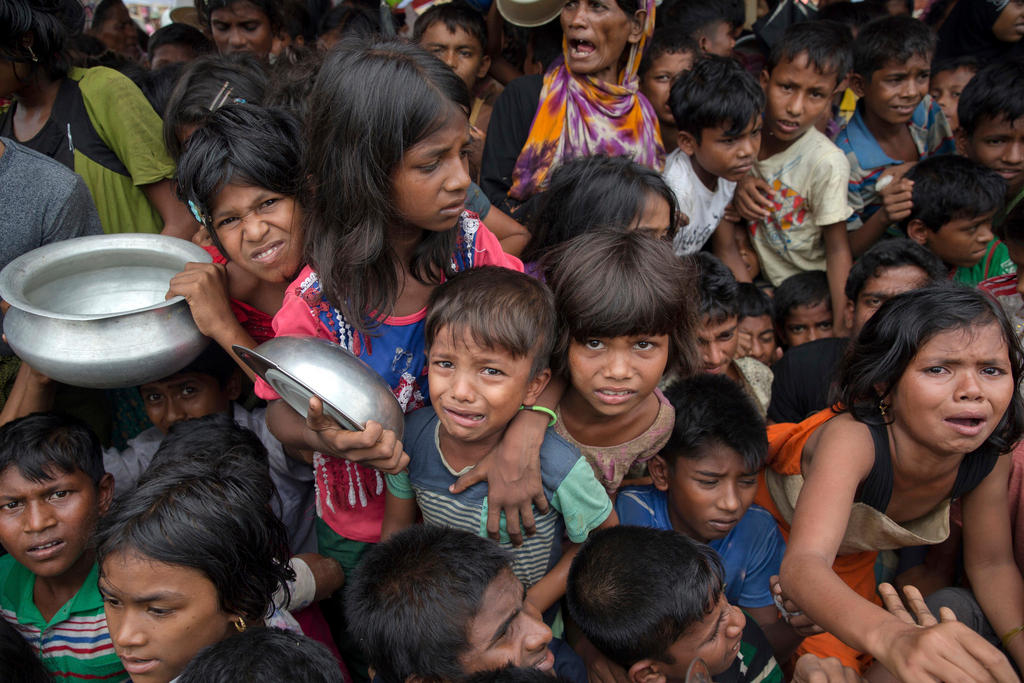

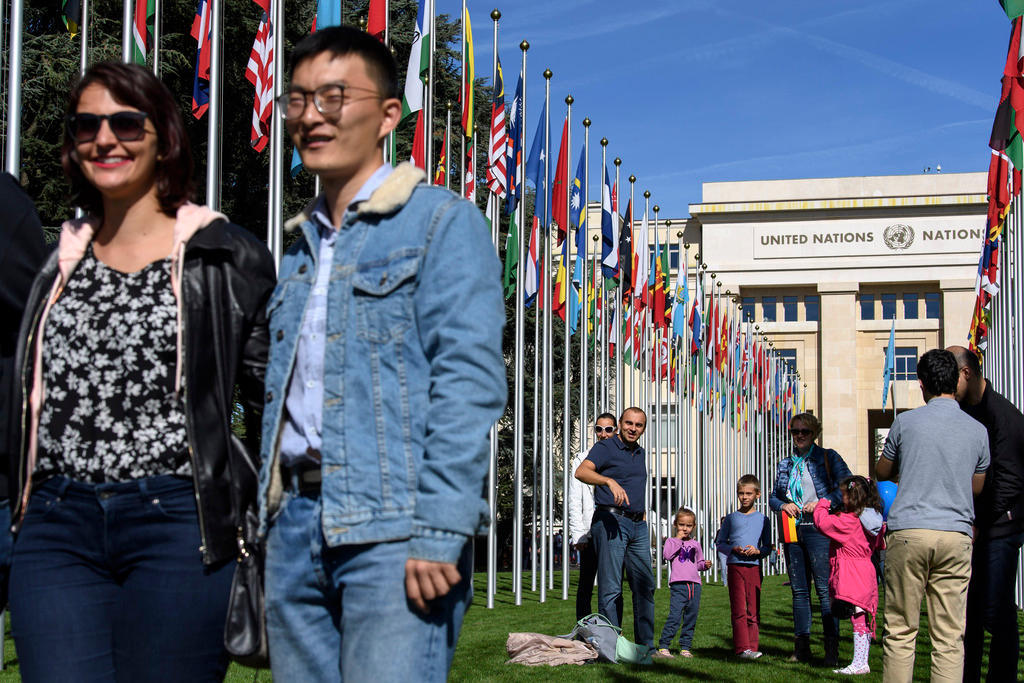
You can find an overview of ongoing debates with our journalists here . Please join us!
If you want to start a conversation about a topic raised in this article or want to report factual errors, email us at english@swissinfo.ch.